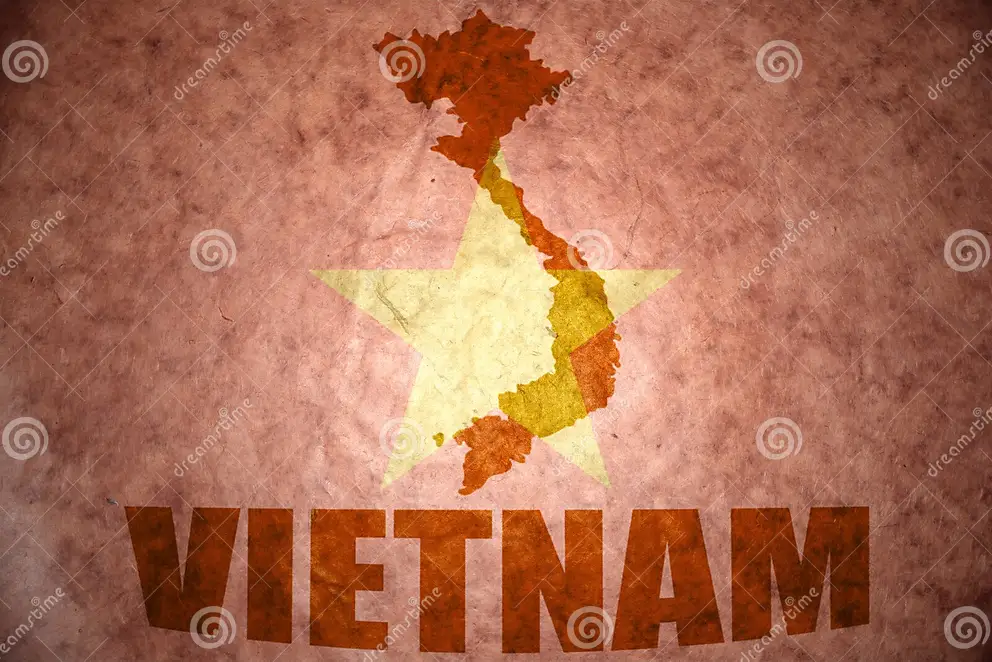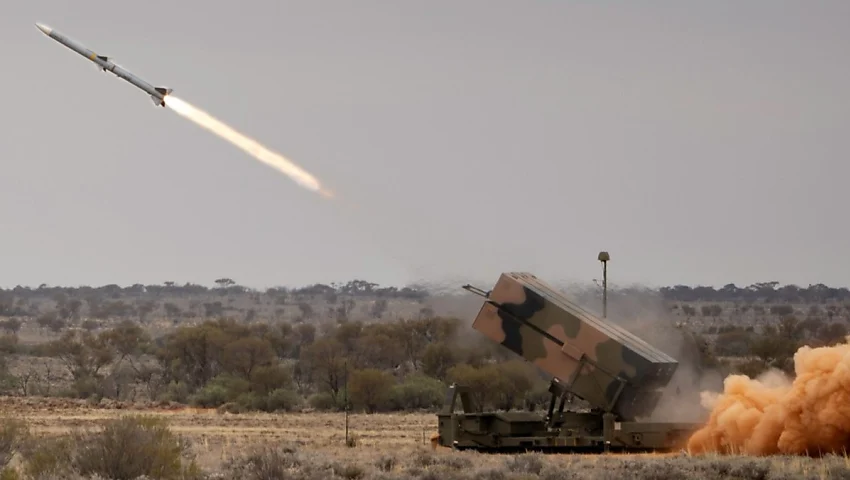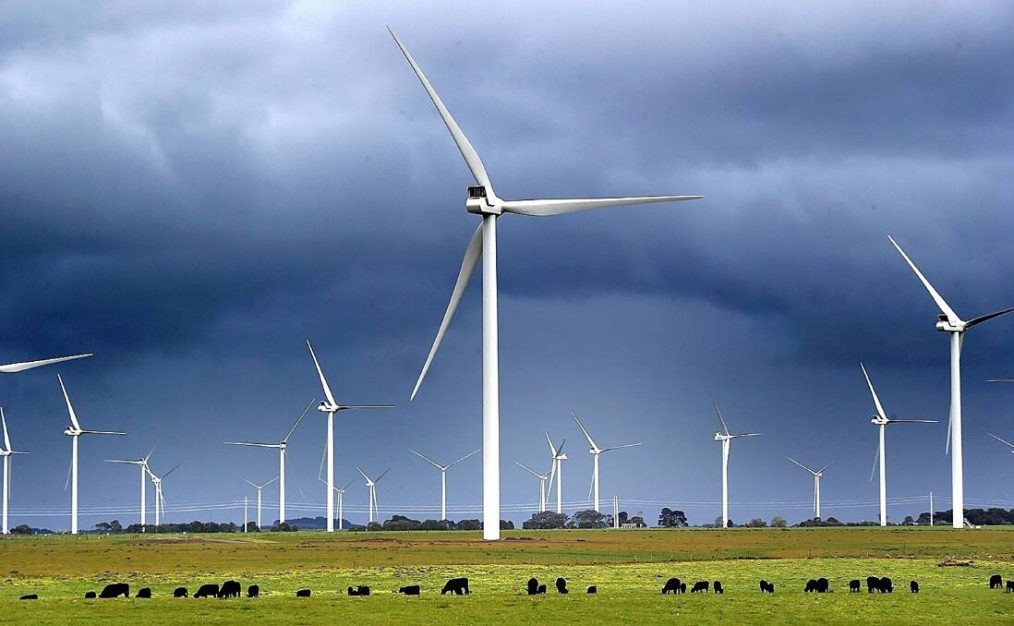Written and researched by Ernie Chamberlain
In the Australian Parliament on 18 August 1971, Mr Lance Barnard (Labor – Deputy Leader of the Opposition) referred to Phước Tuy Province (South Vietnam) as: “a quiet
backwater of the war”. However, when reviewing VC activity in Phước Tuy in May 1966 – ie before 1 ATF deployed into Phước Tuy, the first Task Force commander – Brigadier David
Jackson, declared that the Province “was not a backwater”.
How intense was “”pre-ATF” fighting in the Province ? In very late December 1964 – prior to 1 ATF’s arrival in Vietnam, the VC 761st and 762nd Regiments (late retitled the 271st
and the 272nd Regiments) launched a multi-regimental attack against the mainly Catholic New Life village of Bình Giã (18 kilometres north of Bà Rịa Town – just east off Route 2 on
Route 327 – ie about 12 kilometres north of the future 1 ATF location at Núi Đất. Three Vietnamese ARVN Ranger battalions (30th, 33rd and 38th) attempted a relief of Bình Giã but
suffered very heavy casualties; and the 428-strong 4th Vietnamese Marine Battalion also lost 112 killed and 71 wounded in the fighting at Bình Giã. Three US advisers were
captured: a captain, a sergeant (later executed) and a private first class. The VC forces were armed with the first of their AK-47s in the South – delivered by sea in trawlers from the
North and landed on the Phước Tuy coast north of Phước Hải in readiness for the battles of Bình Giã and Chòi Đồng in north-central Phước Tuy. The VC’s C440 and C445 Companies
– a few months later to become the D445 Battalion, also attacked at Bình Giã, as memorialized in the major monument in Bà Rịa (inaugurated in late November 2025).
On 11 November 1965, the 3rd Battalion on the 275th VC Main Force Regiment attempted to ambush an ARVN convoy (52nd Ranger Battalion) on Route 15 about 10
kilometres north-west of Bà Rịa Town. Forewarned by a VC defector, the Rangers repelled the 275th Regiment’s attack – and the VC force suffered very heavy casualties. A US JUSPAO
Report of 30 November 1965 noted “300” VC (and also “500” VC) were killed in that action at Kim Hải. On 18 November 1965, US President Johnson awarded a citation to the 52nd
Ranger battalion.
On 6 January 1966, MACCORDS (MACV Civil Operations and Rural Development Support) Team 89 – based in Vạn Kiếp (a large ARVN base and training centre on Bà Rịa’s
eastern outskirts), lost three US KIA in a D445 ambush. During subsequent US operations in Phước Tuy Province in the period April to mid-September 1966, US forces reportedly lost
87 personnel KIA and 408 WIA – in Operations Abilene, Hardihood, Hollandia and Toledo.
In the period 9 March – 9 April 1966 – as an element of the 173d US Airborne Brigade during Operation Abilene, the 1RAR Battalion Group operated in southern Long
Khánh Province and Phước Tuy Province as part of the US 1st Infantry Division (“The Big Red One”) commanded by US General W.E. DePuy. Operation Abilene had the aim of
“destroying the 94th [ie the 274th] VC Regiment, the 5th [ie the 275th] VC Regiment, and the attacking the VC’s Mây Tào Secret Zone.” In a “southern” phase of Operation Abilene, on
4 April 1966, two US battalions conducted a search-and-destroy operation north and north-east of the VC- controlled village of Long Tân (while an ARVN force searched the village) – and then moved
the villagers to Đất Đỏ, Long Điền and Hòa Long. 1RAR returned to Biên Hòa from Operation Abilene’s logistic base area at Bình Ba on 8 -9 April 1966 by – road and air, to prepare for Operation Denver in the Sông Bé area of Phước Long Province.
Soon after – on 11 April 1966, Charlie Company/2nd Battalion of the16th Regiment of the US 1st Infantry Division engaged a VC force that included the 800th Battalion (ie
1/274th VC Regiment) in north-eastern Phước Tuy – about 5 kilometres south of the Long Khánh/Phước Tuy border and about 8 kilometres east of Route 2. Initially unsupported by
other US companies, the 134-strong Charlie Company suffered 48 killed in action (KIA) and 58 wounded in action (WIA). Reportedly, the bodies of 41 VC were found on the
battlefield, and 100 -150 VC were assessed by MACV as having been killed or wounded in the battle. That engagement on 11 April 1966 is known as the Battle of Cẩm Mỹ in US
military records – and as the Battle of Tầm Bố in Vietnamese communist accounts.
A 33-page history of the fighting in Phước Tuy Province before the Australians arrived in the Province in May/June 1966 was published as Annex D in the 5RAR history “Vietnam Vanguard”
in 2020 (Ron Boxall & the late Robert O’Neill). https://press-files.anu.edu.au/downloads/press/n6124/html/appendix04.xhtml?referer=&page=31#
1966 -About 17% Living Under VC Control in Phước Tuy
According to the US 1st Infantry Division’s “after action” report following Operation Abilene in March-April 1966 in Phước Tuy and Long Khánh Provinces, of Phước Tuy and
Vũng Tàu’s population of 138,000 (Phước Tuy – 100,000; Vũng Tàu – 38,000): 87,000 lived in government-controlled areas; 22,000 in areas “undergoing pacification”; 12,000 in areas
considered “relatively free of VC”; and 17,000 were “living in VC-controlled areas”. A curfew was in effect between 10pm and 4am – but was “not rigidly enforced” and the “VC
infrastructure was established down to village and hamlet level.” “Approximately 32% of the population is Pro-GVN, 12% Pro-VC, and 56% are neutral.” The VC had “a high degree
of control over the rural population and had little difficulty moving throughout the province.
The US 1st Infantry Division report summarised VC presence in Phước Tuy Province as: 4,900 personnel – including the 274th and 275th VC Regiments, two “Local Force” battalions
(860 Battalion [sic- ie D445 Battalion] – 500 strong; and 310th Battalion [sic] – 350 strong), one Local Force company (C-25), and five Local Force platoons.










